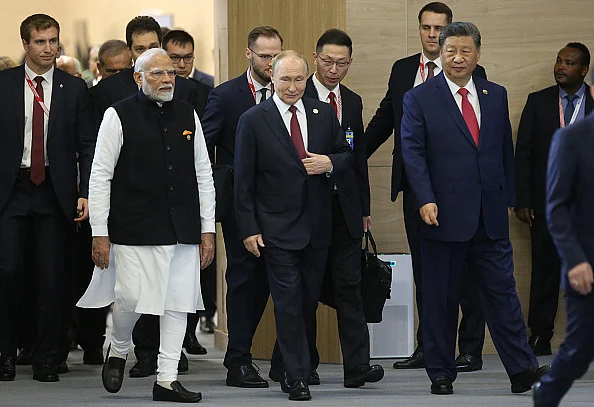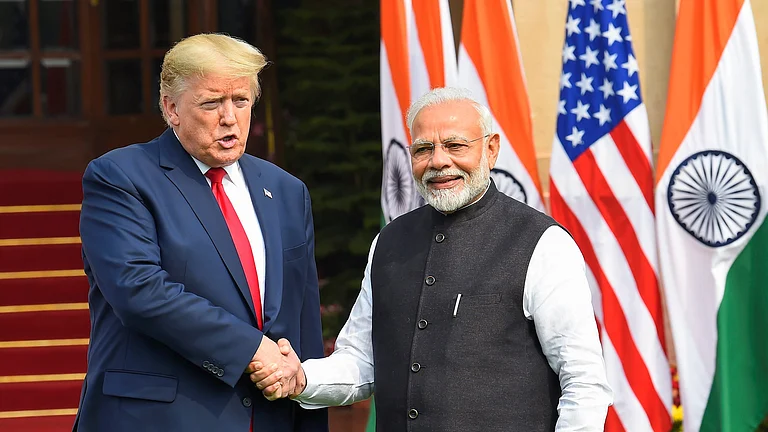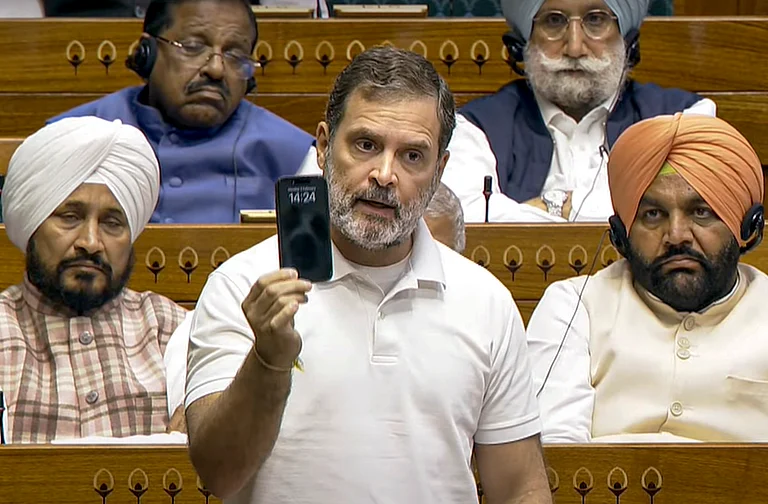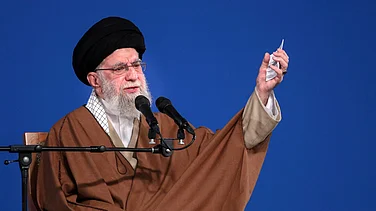
Donald Trump accused India of running a “one-sided trade disaster,” attacking high tariffs and Russian oil purchases despite U.S. offers of partnership.
His remarks came as PM Modi held key SCO summit meetings with Xi Jinping and Vladimir Putin, highlighting India’s balancing act.
U.S. Democrats slammed Trump for straining ties, while Indian civil society warned New Delhi against over-conceding in a trade deal.
Hours after Prime Minister Narendra Modi held talks with Chinese President Xi Jinping and Russian President Vladimir Putin, U.S. President Donald Trump branded America’s trade with India a “one-sided disaster.” His comments followed Washington’s imposition of 50% tariffs on Indian imports, a move that has strained relations between the two long-time strategic partners.
Trump, writing on Truth Social, said India “sells us massive amounts of goods, their biggest client, but we sell them very little,” blaming India’s high tariffs for blocking U.S. businesses from competing in the Indian market. He noted that New Delhi buys most of its oil and defense equipment from Russia, not the United States. “They have now offered to cut their tariffs to nothing, but it’s getting late. They should have done so years ago,” he said.
According to Indian Express, Trump’s remarks drew criticism from Democrats on the U.S. House Foreign Affairs Committee, who accused him of “sabotaging the U.S.-India relationship” while sparing China from similar penalties despite Beijing being a far larger buyer of Russian oil. They argued that the tariff war was hurting both American consumers and bilateral ties at a critical time


























